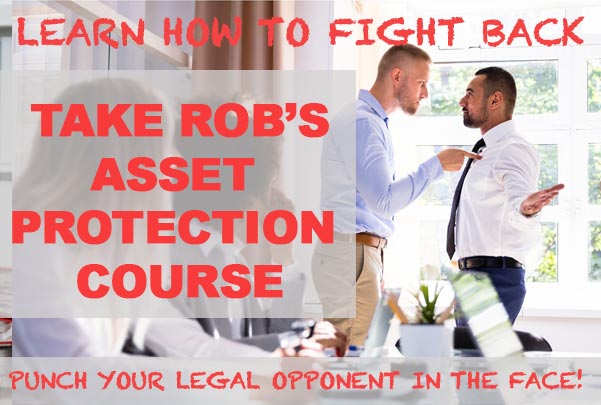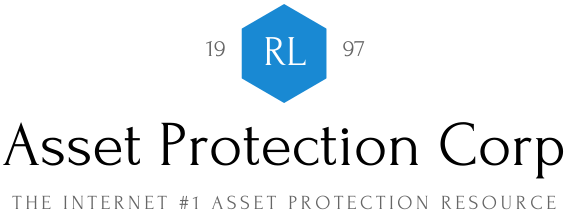IRS cracking down on trust scammers
Readers should be forewarned that the Internal Revenue Service is cracking down on the following types of phony trust schemes:
Small business trusts – These are trusts where the beneficiary ( the person who receives the benefits) is the same person as the trust’s creator
Equipment or service trusts – These are trusts which rent equipment or perform services for the business trust
Family-residence trusts – These trusts assume ownership of the home and furnishings in which the grantor (the homeowner) is the renter (beneficiary)
Charitable trusts – These trusts treat nondeductible payments, such as tuition for the grantor’s children, as charitable distributions
Final trusts – Trusts which oversee multiple abusive trusts and are often located in foreign jurisdictions.
(It should be noted that these sham trusts should not be confused with legitimate and proper revocable trusts used to avoid probate and minimize estate taxes. Such trusts are drafted by estate planning attorneys.)
An example of the Internal Revenue Service’s crackdown on sham trusts occurred several years ago when it indicted two California men for conspiracy in concealing taxable income. These two men, so-called “trust promoters,” conspired to conceal their client’s taxable income by the use of foreign trusts. They were also indicted for assisting their clients in filing false income tax returns. This was accomplished by the promoters creating and using so-called Unincorporated Business Organizations (UBO’s). These entities resembled trusts and were used to assist their clients in hiding taxable income from the Internal Revenue Service.
The unincorporated business organization is popular among trust scammers. However, they offer no tax protection. The clients of these two promoters were counseled and assisted in the transfer of their assets into unincorporated business organizations or to similar entities.
Although these unincorporated business organizations had nominal trustees or administrators, they were, in fact, under the control of the clients, who operated the entities, maintained full control of bank accounts and other assets that were supposedly transferred to the entities. The unincorporated business organizations were used to channel money in and out of offshore trusts and to otherwise evade income taxes.
According to the U.S. Attorney General’s office, sham transactions that are intended for the sole purpose of evading taxes or to conceal income from the IRS are illegal. Anyone who deliberately fails to pay his fair share in taxes by engaging in such conduct will be criminally prosecuted. This warning applies to all taxpayers using sham trusts, whether foreign or domestic, to evade income taxes.

Trust scams and scammers
-
Abusive Trusts: Someone will have to pay the taxes!
-
Pure Trust scams
-
IRS Targets Five illegal Trusts
-
Constitutional Trusts and Pure Trust scams
-
Legal principles that are applicable to trusts
- IRS cracking down on trust scammers
- Abusive Trust arrangements
- Examples of Abusive Trust arrangements – Part One – The Business Trust
- Examples of Abusive Trust arrangements – Part Two – The Equipment or Service Trust
- Examples of Abusive Trust arrangements – Part Three – The Family Residence Trust
- Examples of Abusive Trust arrangements – Part Four – The Charitable Trust
- Examples of Abusive Trust arrangements – Part Five – The Final Trust
newsletter signup
[forminator_form id=”1485″]

FIGHTING BACK!
